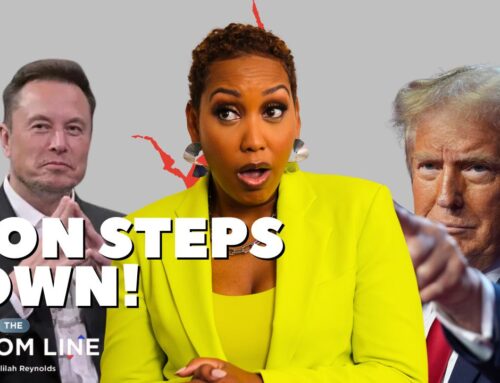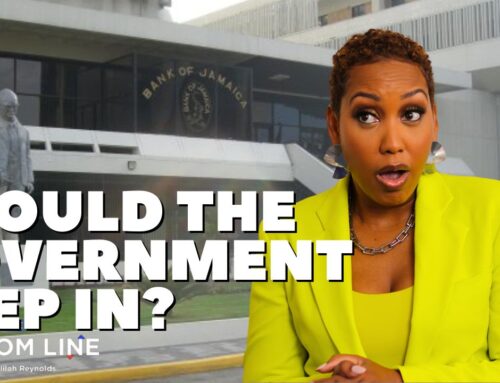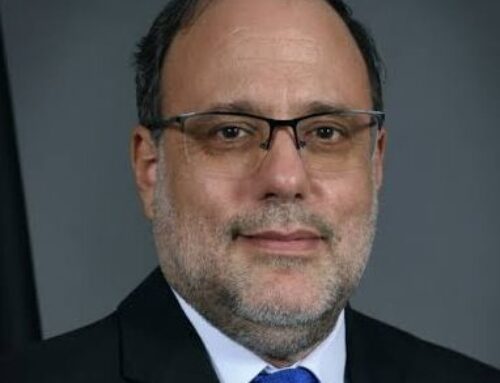
Spotify an opportunity for Caribbean podcasters
Jamaican podcasters and other content creators with products targeting particular audiences stand to benefit more than music artistes from the expansion of Spotify to Jamaica and other Caribbean countries, according to Music Marketer, Producer and Host of World Music Views, Donovan Watkis.
The streaming company recently extended its reach to 80 countries.
Watkis said creatives with niche content specific to smaller demographics will have success on Spotify, especially as the company has said it will work with local creators and partners in each new market to expand their offerings.
“They have a thing called audience network where they’ll get the advertisements for you, you can cross advertise and there are a couple other ways they’ll help you to monetize even without local advertisers coming in,” said Watkis.
He noted that local music artists were already earning from the streaming platform.
“Spotify just saw it fit to add us. They’ve really just moved the geotag because all the music our artists made was already there. Now the core audience, the reggae, dancehall audience that resides in most of the English speaking Caribbean can now stream music on Spotify and other platforms,” he said.
Watkis said the streaming platform pays more to podcasters than artists. According to Business Insider, it takes 250 streams for an artist to make US$1.00 on Spotify. This, Watkis says, is higher than what most other streaming platforms pay.
“They paid Joe Rogan US$100 million. They don’t pay any other artist that money but they will make that money from advertising because now Joe has his podcast exclusively on Spotify, both video and audio…Joe was allegedly making US$100 million on other platforms but now Spotify gave him an advance,” he said.
“They have other content on there, Michelle and Barack Obama, a couple other content that will curate an audience and if you make content that’s similar you can benefit from that audio because it’s like a marketplace,” he added.
Meanwhile, Watkis said getting music or podcasts up on Spotify is easy, noting that the owners of the content stand to benefit from the bulk of the money to be made from streaming.
“You just need an aggregator to get your music on Spotify or other streaming platforms and that’s somebody who works as a middle man to get your music on these platforms, and you pay the aggregater 20 percent. There’s me; anybody who understands how to distribute music,” he said.
Popular Jamaican Recording Artiste, Lila Ike supports this point, noting that she doesn’t make much from audio streaming because she doesn’t own her master recordings. It’s part of the reason she prefers making dubplates.
“When you do a dubplate, the sound man pays and that money comes directly to me before the label and everybody else involved. However with the streaming and royalties, there’s a lot of people to be paid before it gets to me- the people involved in creating the music, the producer. We’re now signed to a label so they are now involved but the sound plate has been a huge help,” she said.
Dubpates are part of Lila’s revenue diversification strategy. With the advent of COVID-19, she has even gone into doing virtual shows and selling merchandise.
On the other hand, Watkis said Spotify presents an opportunity for those who would have otherwise found it difficult to make it into the industry.
“If you’re making music in Kingston, now you can cut through all that value added system, press a button and if you own the music, all the money comes to you and you pay the people who helped you to make the music,” he added.
With the added countries, Spotify aims to reach a billion subscribers to make it the biggest audio platform, rivalling video and audio streaming platform, YouTube.
Meanwhile, Ike has issued a word of caution to potential users, noting that the platform might not be for everyone especially if the core audience of the artist is not interested in finding the music through that avenue.
She’s also urging more young artistes to pay attention to the business end of the music industry.
“A lot of young people pay attention to what they can make now especially in dancehall, it’s like a cash crop for them…I don’t think they are invested in the longevity of what a brand can do for them down the line but it all boils down to what you have as your vision and goal,” she reasoned.
-END-
Ask The Analysts
The Cast David Rose Business Writer, Observer Leovaughni Dillion Investment Research & Sovereign Risk Analyst at JMMB Group
R.A. Williams to list on JSE
The Cast Audley Reid CEO R.A. Williams Distributors Julian Morrison Founder, Wealth Watch JA










Leave A Comment